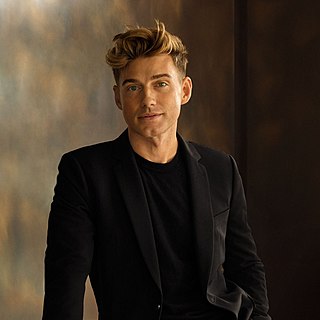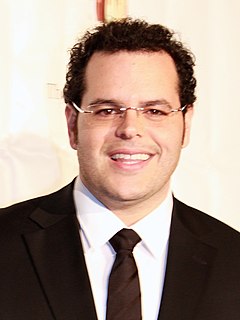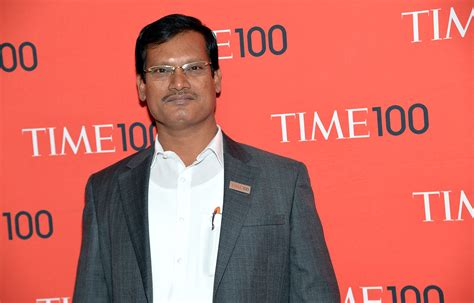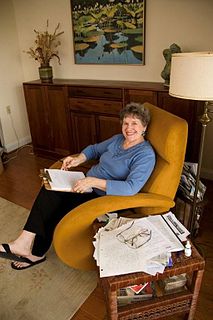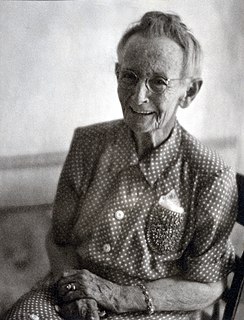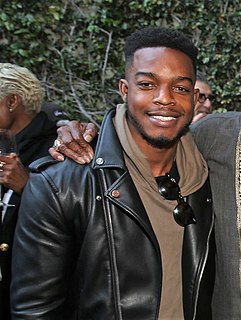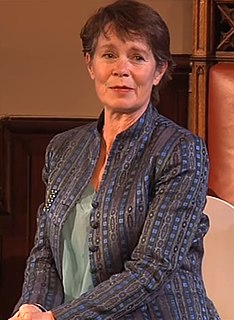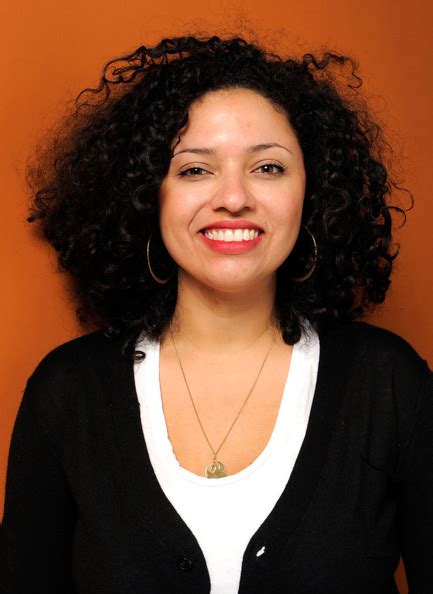A Quote by Jeremiah Brent
When I look back, there was obviously the arch of my creativity and when I was young, I used to go to open homes with my mother and I used to imagine how I could make the space better and how people would live in it.
Related Quotes
I used to read more when I was a kid than I do now. It was all sort of fuel for the fire to teach you how to think and how to make things and it informed the architecture that I was doing. It's better coming in with that history and that kind of knowledge and depth of understanding of humanity that is very important for building buildings - for understanding people and how they should live and how you could make your lives better and stuff like that.
There seems to be something in the zeitgeist, and maybe it's a function of - I'm no analyst, nor am I a psychologist - when you look at things and say, What if I could go back and change things? I think we live in a world right now where people are asking those questions a lot. What if we could go back and change what we did? How would we change the way we handled things in the Middle East, and how would we change things with the banking industry, and how would we change economic and educational issues?
My engineer dad is where my technical acumen comes from. I remember him taking me to the factories to see how what works. Often he used to open up his motorbike to fix things and I saw how the wheels worked. His car used to be open for dissection very regularly. All this taught me and inspired me to look beyond what I could see on the skin.
I used to think that when I grew up there wouldn't be so many rules. Back in elementary school there were rules about what entrance you used in the morning, what door you used going home, when you could talk in the library, how many paper towels you could use in the rest room, and how many drinks of water you could get during recess. And there was always somebody watching to make sure. What I'm finding out about growing older is that there are just as many rules about lots of things, but there's nobody watching.
We have one planet in our solar system that's habitable, and that's the Earth, and space travel can transform things back here for the better. First of all, by just having people go to space and look back on this fragile planet we live on. People have come back transformed and have done fantastic things.
What I've learned about that word is context, where the world is coming from - in the era the film is set, it obviously is used derogatorily. In 'Selma,' it was the same sort of thing. Of course now, in music, it's used in many more ways, including ways that takes the sting out of it. It all depends on where and when it is used, and how you look at it. But again in 'Race,' it is intensely disrespectful.
If I look back, my mother was always out. I can remember the perfume and her scarlet chiffon dress and crystal beads, going to a party. She used to play her violin at restaurants later on in life and at old people's homes. She loved the races, which she used to take me to as a child: our carpets were bought with her winnings. Loved her chickens.
There's all of the DVD extra material and all these other pieces of information that don't fit into a 90-minute experience, but it's still content and people still want to see it. It's being open to [the fact that] the business is changing and being open to how you can make money to afford you to stay in business to keep making new things. I think you just have to have an open mind and be really smart about stuff and not be so locked into the conventional way of how the process used to go.
